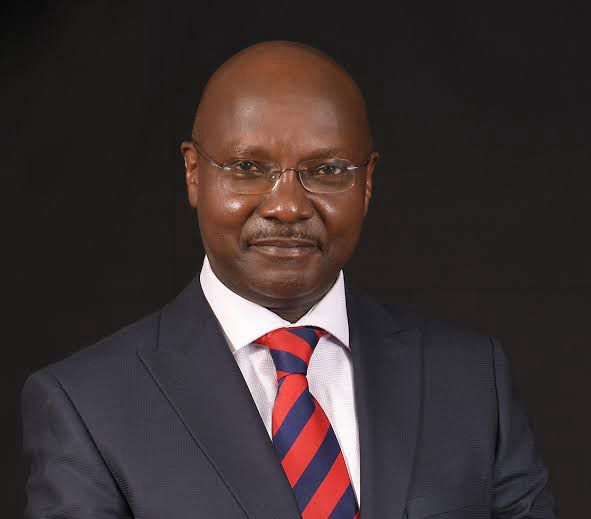
Former South Africa President Nelson Mandela. Photo; Courtesy
In 1964, Nelson Mandela, alongside several of his comrades from the African National Congress (ANC), was sentenced to life imprisonment for his role in opposing South Africa’s apartheid regime. This historic sentencing followed the infamous Rivonia Trial, where Mandela and others were accused of sabotage and conspiracy to overthrow the government, which had institutionalized racial segregation and oppression.
Mandela had become a prominent figure in the fight against apartheid, leading peaceful protests, civil disobedience, and later, supporting armed resistance through the ANC’s military wing, Umkhonto we Sizwe. His activism was seen as a serious threat by the apartheid government, which sought to silence him and the movement he represented.
For 27 years, Mandela endured harsh conditions in prison, spending the majority of his sentence on Robben Island. Despite his imprisonment, Mandela remained a global symbol of resistance, dignity, and hope. Around the world, activists, governments, and organizations rallied for his release, applying economic sanctions and diplomatic pressure on South Africa’s government.
The 1980s saw increasing internal unrest in South Africa, as well as growing international condemnation of apartheid. The country’s leadership, recognizing the unsustainability of the system, began to negotiate a path toward reform. In 1990, under President F.W. de Klerk, Mandela was finally released from prison on February 11, a moment that marked a turning point in South African history.
Following his release, Mandela played a critical role in guiding South Africa through a delicate transition from apartheid to democracy. His leadership emphasized reconciliation and forgiveness, helping to prevent the country from descending into civil war. In 1994, South Africa held its first fully democratic elections, and Nelson Mandela was elected as the nation’s first black president.
Mandela’s presidency (1994-1999) focused on national unity, rebuilding the country’s economy, and fostering a sense of shared nationhood among South Africa’s diverse population. His remarkable journey—from prisoner to president—earned him global admiration and numerous awards, including the Nobel Peace Prize in 1993, which he shared with F.W. de Klerk.
Nelson Mandela remains an enduring symbol of the struggle for freedom, justice, and human rights. His legacy continues to inspire movements for equality and peace across the world.




